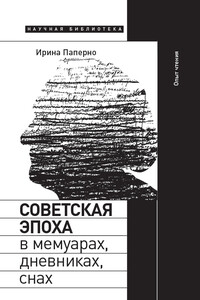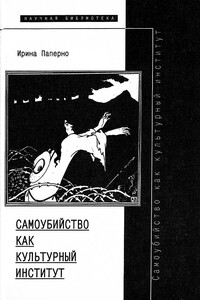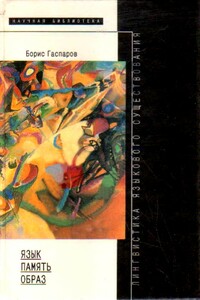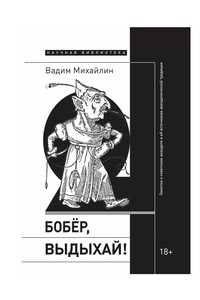Антропология революции - страница 200
Viktor Zhivov (Moscow, Russian Language Institute / Berkeley, University of California). «Disciplinary Revolution and the Struggle with Superstitions in Eighteenth-Century Russia: Failures and their Repercussions». The formation of modern state and modern society in various European countries was informed, differently in different cases, by a disciplinary revolution, that is, by the regimentation of the social life originally based on new religious values. The extirpation of superstitions was an important part of this process; «superstitions» could be conceptualized in this process in various manners. The paper describes the peculiarities of this struggle in eighteenth-century Russia and analyzes the consequences of its failure.
Sergey Yarov (St. Petersburg, European University, St. Petersburg Institute of the Russian Academy of Science). «Explaining leaving the RCP(b) in 1919–1922 as a form of expressing political loyalty (on the materials of the State contemporary history archives of the Novgorod region)». The main topic of the article is pressure to conform produced by the revolutionary political institutions. Applications for permission to leave the Party made by the rank and file Russian Communist Party (of Bolsheviks) members had never been used as a primary source before. The author analyses such applications written mostly by former peasants and semiliterate workers that were preserved in the State contemporary history archives of the Novgorod region (Russia). Paradoxically, these documents express more conformism and loyalty to the new, Soviet regime than applications to join the Communist party. This has to do with the fact that leaving the Party could have led to political persecution, so the authors strived to persuade the local functionaries that they support the new regime and that their reasons for leaving the party ranks were not of a political nature. The form of many documents of that kind resemble standard prerevolutionary petitions sent by private persons to various administrative bodies.
Stanislav Savitsky (St. Petersburg, Smolny College of Liberal Arts and Sciences). «Revolutionary train and historical experience». Revolutionary historical experience consists of a variety of social, ideological and cultural realities. One of the keys to understanding it might be an apposition of three planes: mass culture symbols; avantgarde ideologemes, realised though experimental artistic forms; and documental and autobiographic works that that contain elements of socio-psychological analysis. The author chose as his material the political, artistic and social portrayals of trains. Karl Marx’s metaphor portraying revolution as a «locomotive of history» is linked to the way the intellectuals of the second half of the 19>th century perceived new communications technologies. Later, for the Futurists the fullness of experiencing history took a form of progressist or pro-urban ideology. The Futurist train does not stop, it is a symbol of being enraptured with speed. Its passenger seeks to lose oneself in its purposeful movement to take part in history. In Soviet propaganda the train is always a sign of the «only true» Utopian Communist idea. For the followers and «junior fellows» of the Futurists who were trying to comprehend the legacy of the revolution — e.g. for a pupil of the Formalists Lidia Ginzburg — the train no longer was connected either with a faith in technical progress or with being enraptured by urbanist speed or Marx’s formula. For her the railroads serve as a metaphor of a society. Her journey described in an essay «Going home» is an attempt to describe socio-psychological reality. Historical experience here presupposes a position not of a participant of revolutionary events but that of a self-conscious observer of an unpredictably changing society.






